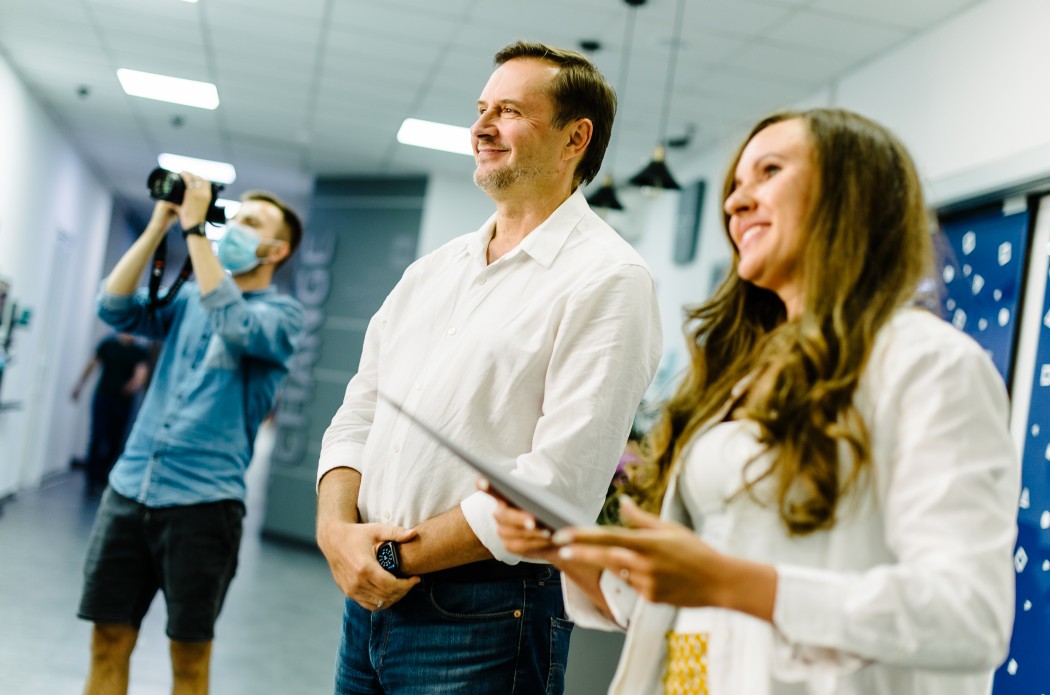Learn first
KMBS latest news in real time

For the latest KMBS events and news, visit KMBS Live at the top right corner of the screen
Open kmbs live
30.07.2021
School of Educational Managers: The Path from Principal to Educational Team Leader
Training in the School of Educational Managers program for school principals, heads of state educational institutions and founders of startups has been completed with new meanings, approaches and practices.

Find out kmbs news and events first
kmbs
live

Новий подкаст: "Стратегічна гнучкість: як аналітичне мислення допомагає адаптуватись до мінливих умо ...













